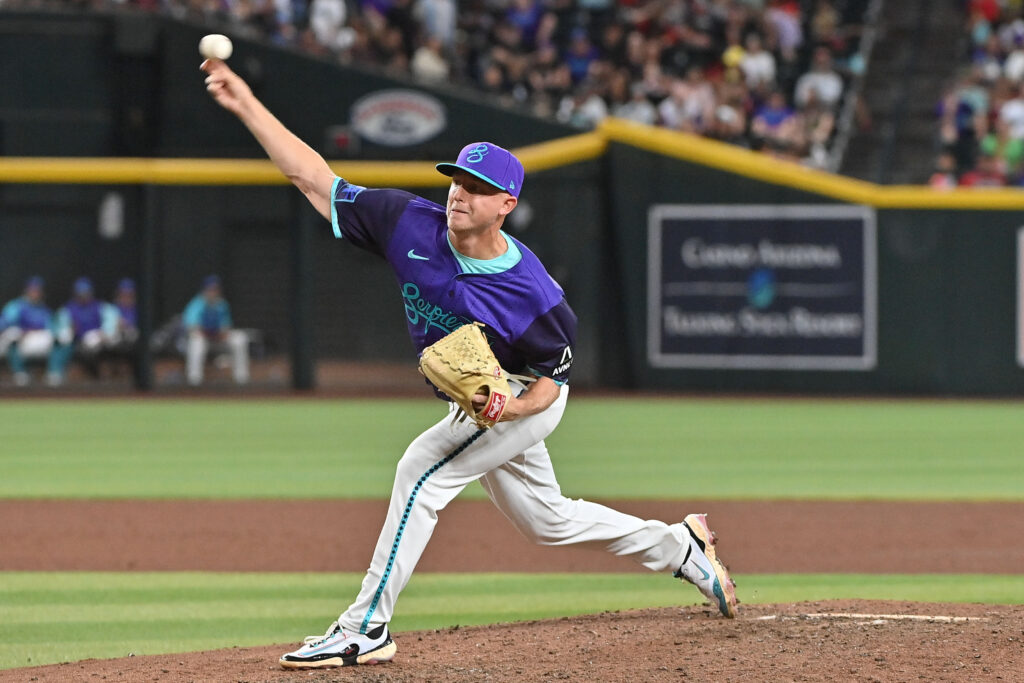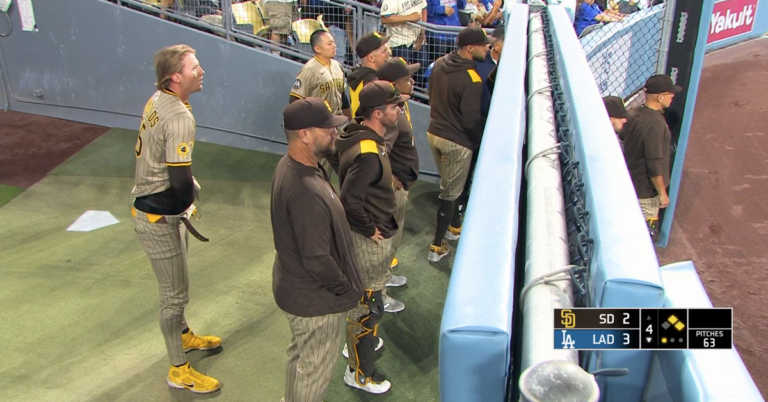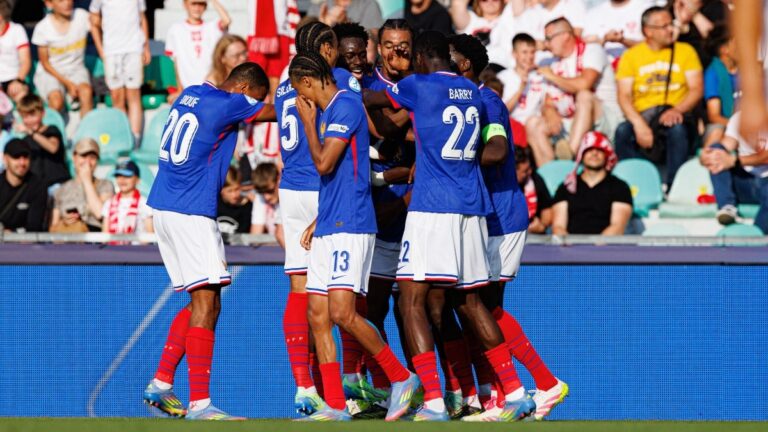
The Athletics signed righty Scott McGough to a minor league pact over the weekend. McGough, a Wasserman client, has been assigned to Triple-A for the time being. The team never formally announced the deal, but McGough made his debut with the organization already, tossing a scoreless two-thirds of an inning with Las Vegas. The D-backs outrighted him earlier this month, but he opted for free agency and a change of scenery after two-plus years in the Diamondbacks organization.
McGough, 35, signed a two-year deal with the Snakes back in the 2022-23 offseason. At that time, he carried scant big league experience but had just produced a terrific four-year run in Japan’s Nippon Professional Baseball. He posted a grisly 4.73 ERA in his first season with the D-backs but logged a more encouraging 28.6% strikeout rate. His 2024 campaign was worse across the board. McGough was rocked for a 7.44 ERA in 32 2/3 innings. His strikeout rate plummeted to 16.7%, and his walk rate spiked from 10% to 14%. Arizona unsurprisingly declined a 2025 club option they’d held over the veteran reliever, but he eventually returned on a new minor league contract.
McGough pitched well enough in Triple-A to earn another look in the majors this year, but he was roughed up for five runs on in seven innings while tallying more walks than strikeouts. He’ll head to the Athletics’ Triple-A club now and try to build on his strong run in Reno earlier this season, in hopes of getting a look in a fresh big league setting. The A’s are short on experienced relievers; Mason Miller, T.J. McFarland and Sean Newcomb are the only three members of the current bullpen with even two years of major league service time. They looked to bring in another veteran over the winter when signing José Leclerc, but he’s been out since late April due to a lat strain.
In 116 2/3 major league frames, McGough has a 5.86 ERA, but he’s notched a career 4.50 ERA in Triple-A (3.38 since returning from Japan) and a 2.94 mark in NPB. He’s fanned 28.6% of his Triple-A opponents this year, versus a 6.3% walk rate.






